Life
Sign up for our newsletter
We summarize the week's scientific breakthroughs every Thursday.
- Animals
Among chimpanzees, thrill-seeking peaks in toddlerhood
In humans, teens do the most dangerous things. In chimpanzees, that honor goes to toddlers. The difference may lie in caregiver supervision.
By Sujata Gupta -
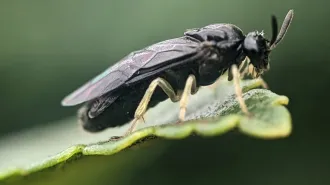 Animals
AnimalsAn all-female wasp is rapidly spreading across North America’s elms
The elm zigzag sawfly has spread to 15 states in five years. Now it's attacking the tree that cities planted to replace Dutch elm disease victims.
By Ute Eberle -
 Climate
ClimateHidden tree bark microbes munch on important climate gases
Trees are known for absorbing CO2. But microbes in their bark also absorb other climate-active gases, methane, hydrogen, and carbon monoxide.
By Douglas Fox -
 Neuroscience
NeuroscienceEasy on the eyes is also easy on the brain
A new study finds that the brain spends less energy processing scenes that people find aesthetically pleasing.
By Sachin Rawat -
 Animals
AnimalsIn a Quebec park, a science game brings predator-prey dynamics to life
Results show that players’ choices echo predator-prey patterns seen in wildlife, though scientists stress the limits of the analogy.
-
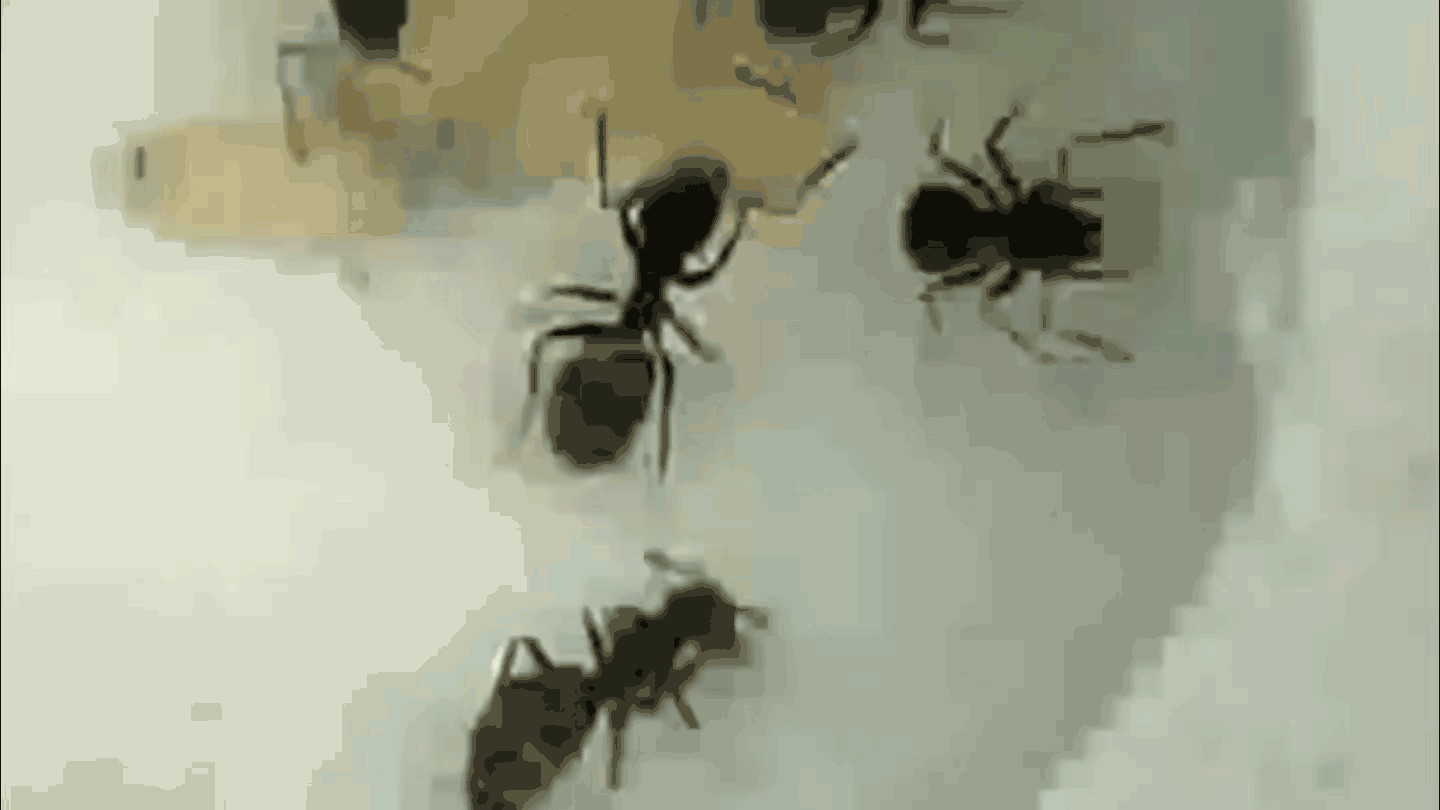 Animals
AnimalsThese sick baby ants sacrifice themselves to protect their colony
When infected by a fungal disease, ant pupae actively emit a chemical cue that prompts workers to get rid of them for the good of the colony.
-
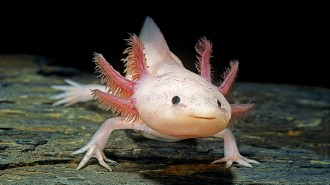 Science & Society
Science & SocietyThese scientific discoveries brought us joy in 2025
Amidst a tough year for science, glimmers of joy burst through in revelations from the silly to the sublime.
-
 Earth
EarthSome of 2025’s scientific discoveries broke records
Longest lightning, the first AI-generated genomes and biggest black hole smashup were among this year’s top science superlatives.
- Animals
In a first, orcas and dolphins seen possibly hunting together
New footage shows orcas and dolphins coordinating hunts, hinting at interspecies teamwork to track and catch salmon off British Columbia.
-
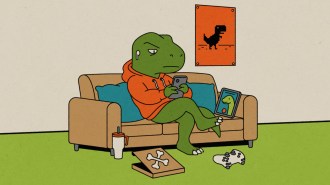 Paleontology
PaleontologyThese fossil finds shed new light on the past in 2025
The year's top paleontological wonders ranged from a 540-million-year-old penis worm to a decades-old rodent impression.
-
 Animals
AnimalsScience taught us a few new tricks about our pets in 2025
Are we reading our dog’s moods right? Does TV really comfort them when we’re away? These pet stories were catnip to us this year.
By Carly Kay -
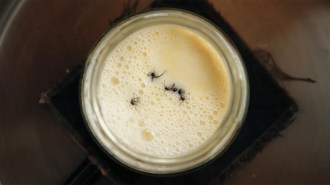 Humans
HumansHave a taste of our favorite food stories from 2025
This year, researchers took a bite out of culinary innovation. Check out some of our favorite food-related stories from 2025.
By Carly Kay